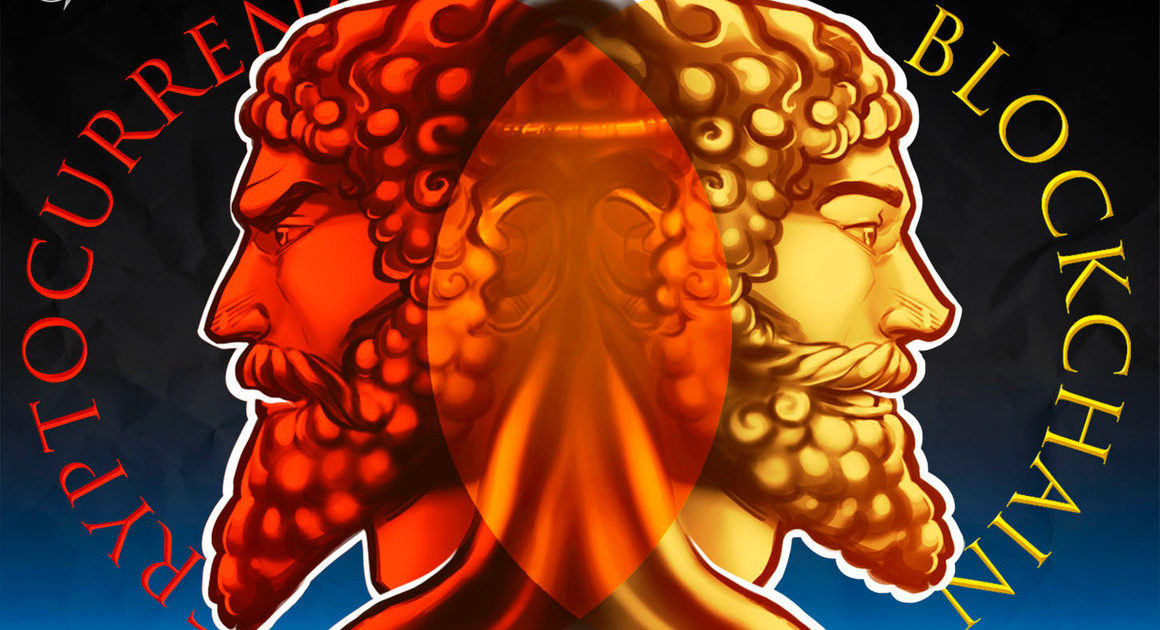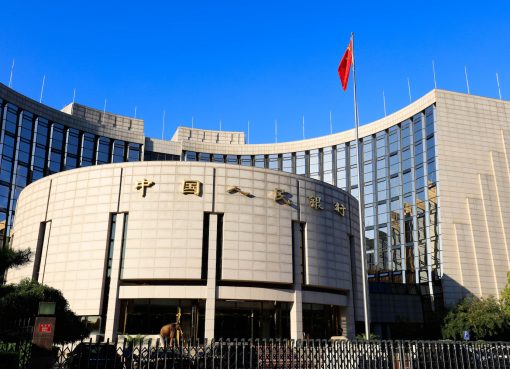Traditional card networks are vying to ensure their services remain at the center of new developments in digital assets, whether they be central bank digital currencies (CBDCs) or private sector stablecoins.
In an earnings call on Thursday, Mastercard CEO Michael Miebach discussed recent developments in crypto and CBDCs, making the pitch that the company was well-positioned to remain a linchpin of intra- and international value flows:
“What we believe we do is bring a perspective to the market as a multi-rail payment provider. We have to be in this space because people are looking for answers.”
Mastercard has been highly proactive in keeping up with innovations in digital currency, spurred, in part, by competition with its rival, Visa. In February, Mastercard unveiled plans to support crypto in 2021, paving the way for its nearly one billion users to spend their crypto at over 30 million supported merchants worldwide.
Earlier this week, the company announced a new startup engagement program as part of Mastercard Start Path – an accelerator program aiming to support fintechs and companies working with digital assets, cryptocurrency and blockchain technology. The latest to be onboarded includes blockchain oracle startup SupraOracles, blockchain infrastructure provider STACS, digital asset firm Taurus and Mintable, a marketplace for issuing and trading NFTs.
On the public front, the company has also rolled out a virtual testing environment designed to help central banks simulate issuance, distribution and transactions of CBDCs between multiple parties. The platform is geared for both wholesale and retail CBDC designs and offers practical insight into how, among many other possibilities, a CBDC could be interoperable with existing payment methods and be used to pay for everyday goods and services.
During the earnings call, Miebach argued: “All of these countries have to make a trade-off between existing delivery of financial products and what a CBDC is solving for, whether it’s financial inclusion or cross-border payments. We have experience with all of that.”
Nor is Mastercard overlooking the stablecoin sector, which has already seen successful currencies like Circle’s dollar-pegged USD Coin (USDC) and is poised for the launch of Facebook-affiliated Diem. Miebach confirmed that the company is readying its network to support stablecoin transactions, providing its issuers meet regulatory requirements and fulfill consumer protection and safety standards.
Visa’s CEO has made similarly bullish remarks regarding stablecoins this year, arguing that their blockchains can be thought of as payment rails similar to RPT or ACH networks. Nor is Visa averse to more volatile crypto assets, viewing them as a store-of-value for which the company can still provide fiat on-ramp services.
Related: Visa to approve Bitcoin spending card for Australian startup CryptoSpend
Eric Grover, principal at Intrepid Ventures, told reporters this week that both stablecoins and CBDCs should be “in Mastercard and Visa’s wheelhouse” and that both card networks should engage with these developments “with gusto.”
Earlier this month, Mastercard announced fresh partnerships with Circle, Paxos, Evolve Bank & Trust and many others on a joint project to enable banks and crypto companies to roll out crypto cards that can be used anywhere that Mastercard is accepted.




